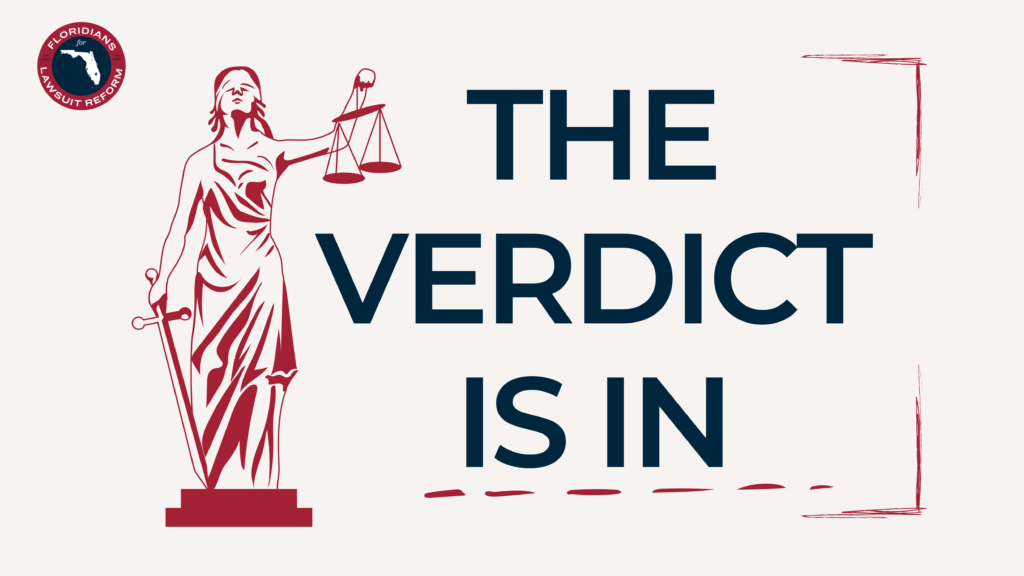
Insurance companies in Florida may have to disclose their financial relationships with expert witnesses, but they don’t have to turn over their entire claims files and field adjusters’ notes, at least in some cases.
Florida’s 4th District Court of Appeals this week reversed a trial court, underscored a previous court ruling, and found that Family Security Insurance Co. could not be compelled to divulge its work product in a breach-of-contract action. The restriction does not apply to bad-faith claims, in which claims files may still be discoverable, attorneys said.
The decision came 17 months after the Florida Supreme Court irked the insurance defense world when it decided in Dodgen vs. Grijalva that insurers and defense firms must reveal their payments to physician witnesses, if asked to do so in the litigation discovery process.
Some defense lawyers cried foul because plaintiffs’ firms are not always held to the same requirement. Claimants’ attorneys have said the court was simply following two decades of precedent and that it is important to show a jury if an expert may have any bias.
The 5th District Court of Appeals in April 2022 rubbed salt in the wound when it declined to order the mammoth plaintiffs’ law firm, Morgan & Morgan, to disclose its financial relationship with treating doctors in an injury case. That type of information is generally protected by attorney-client privilege, the court said.
In the Family Security vs. Joshua and Claudia Stein opinion, handed down Feb. 8, though, the issues were a little different, explained Miami appellate attorney Elaine Walter, a member of the Florida Defense Lawyers Association.
“This just reaffirms the courts’ view on claims files that they’ve had for a decade or more,” Walter said Thursday.
The appeals judges said the court has consistently held that “an insurer’s claim file constitutes work product and is protected from discovery prior to a determination of coverage,” citing a 2012 decision.
Insurers’ work product, such as case files and adjusters’ notes, have been considered privileged information in many cases because it can include defense attorneys’ initial impressions on a claim, along with case strategy, which could give an unfair advantage to opposing counsel if revealed, Walter said.
“It is nice to have the case law reiterated, which will have importance for cases on down the line,” she added.
The decision does not completely bar the discovery of claims file information, though, said Steven Bush, a plaintiffs’ attorney in Jacksonville. He said his firm has had no problem obtaining claims documents as long as lawyers follow Florida’s Rules of Civil Procedure. In the Family Security case, the insureds’ counsel did not appear to go through proper channels to show that the file was relevant, Bush noted.
The 4th DCA panel said that parties may, in fact, obtain some privileged work product documents by showing that they need the materials for preparation of the case but are “unable without undue hardship to obtain the substantial equivalent of the materials by other means.”
The Martin County trial judge in the Family Security case held a hearing but did not hold an in camera examination of the documents. The insureds’ attorneys, including Kevin Bryant, had argued that the insurer waived its work-product privilege by alleging other possible causes of damage to the Stein’s property, indicating it had conducted some relevant investigation into the claim. The appeals court disagreed.
“The fact that insurer asserted defenses did not allow the trial court to order the production of the entire claims file,” the judges said, referring to a 2014 decision by a sister appeals court.
Field adjusters’ notes and initial reports have become something of an issue in Florida in recent months, after three independent adjusters charged that insurance carriers have frequently changed their original damage reports and have drastically reduced repair estimates. The adjusters, who have worked on a freelance basis for carriers, said at a December hearing of a Florida legislative committee that some major insurers had doctored their reports but left the adjusters’ names on them.
The American Policyholders Association, which investigates insureds’ complaints against carriers, has looked into the matter and has found enough to investigate further, the association’s executive director said last month.
Bush, who represents those adjusters, said the Family Security decision would have no bearing on the independent adjusters’ claims.
